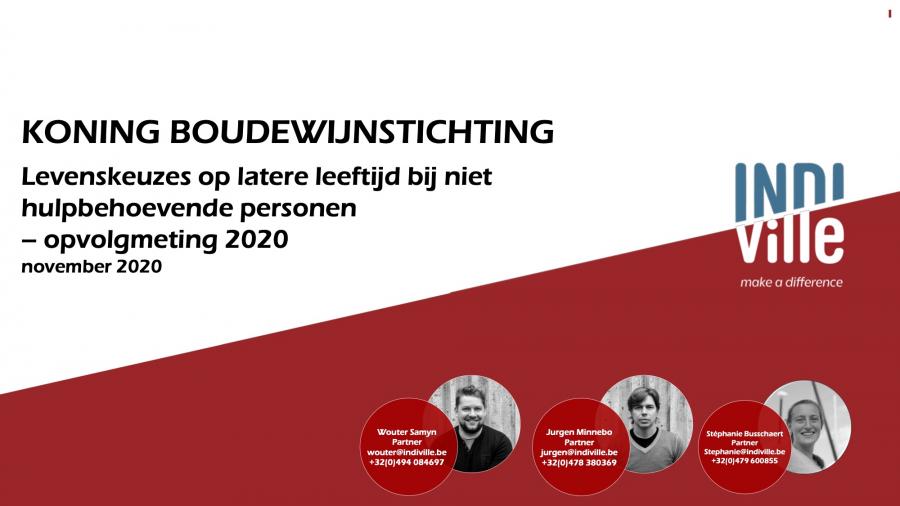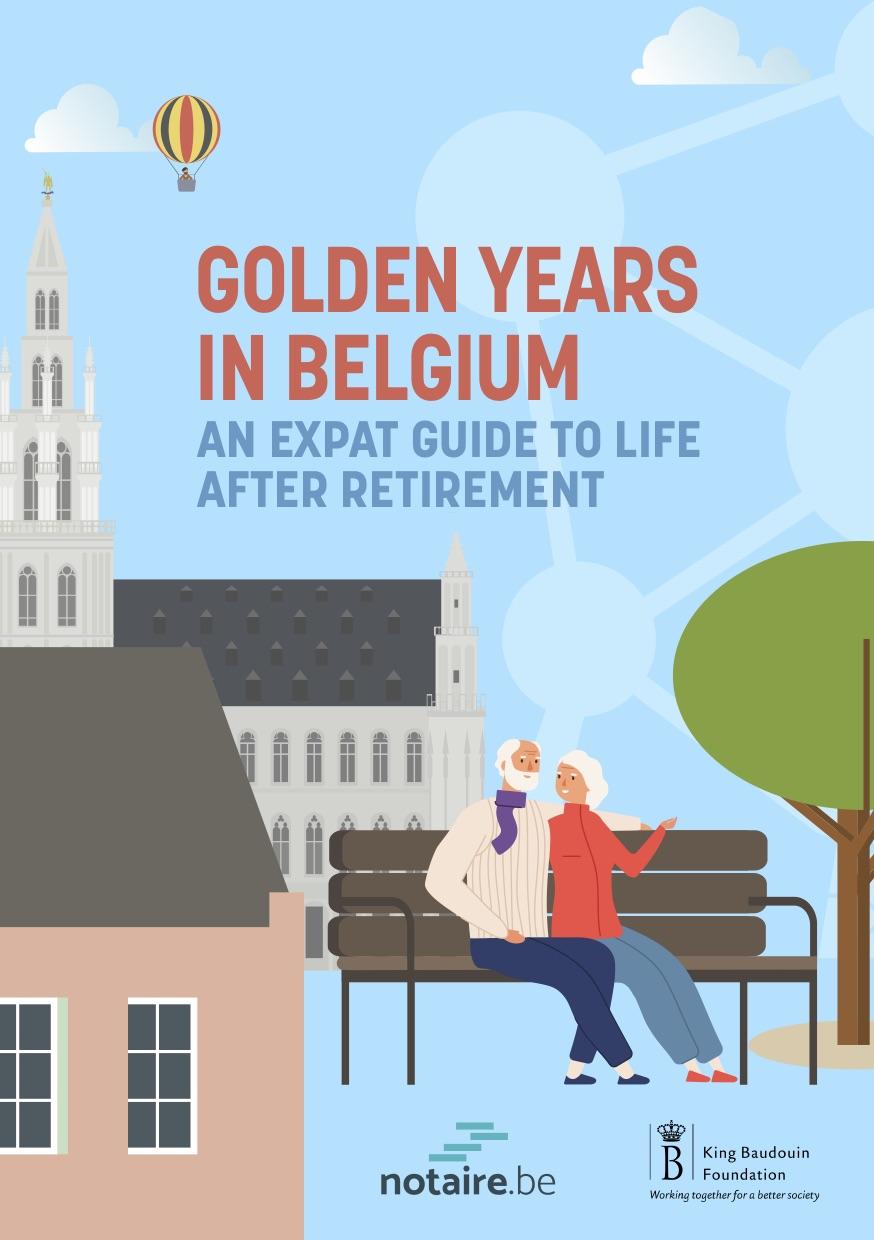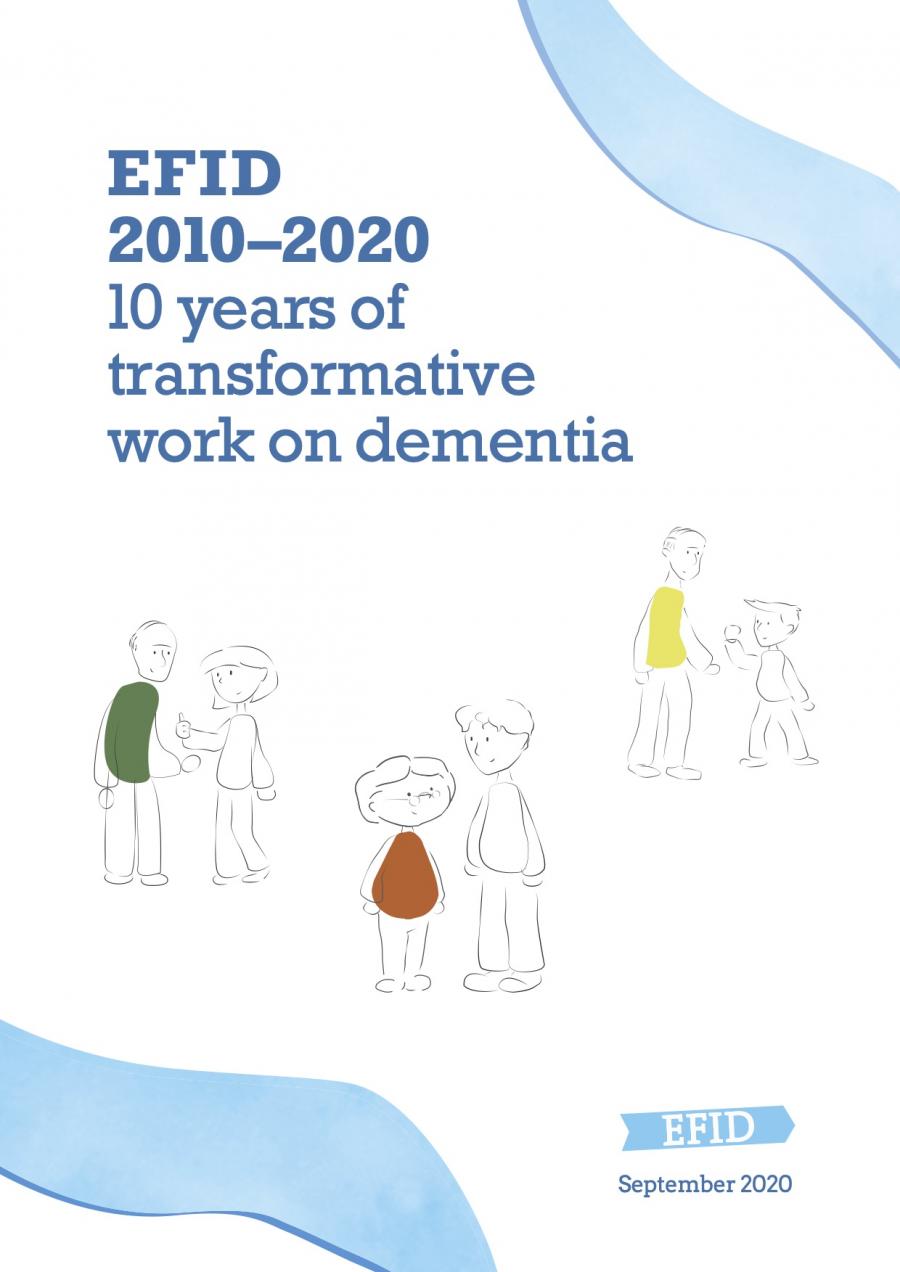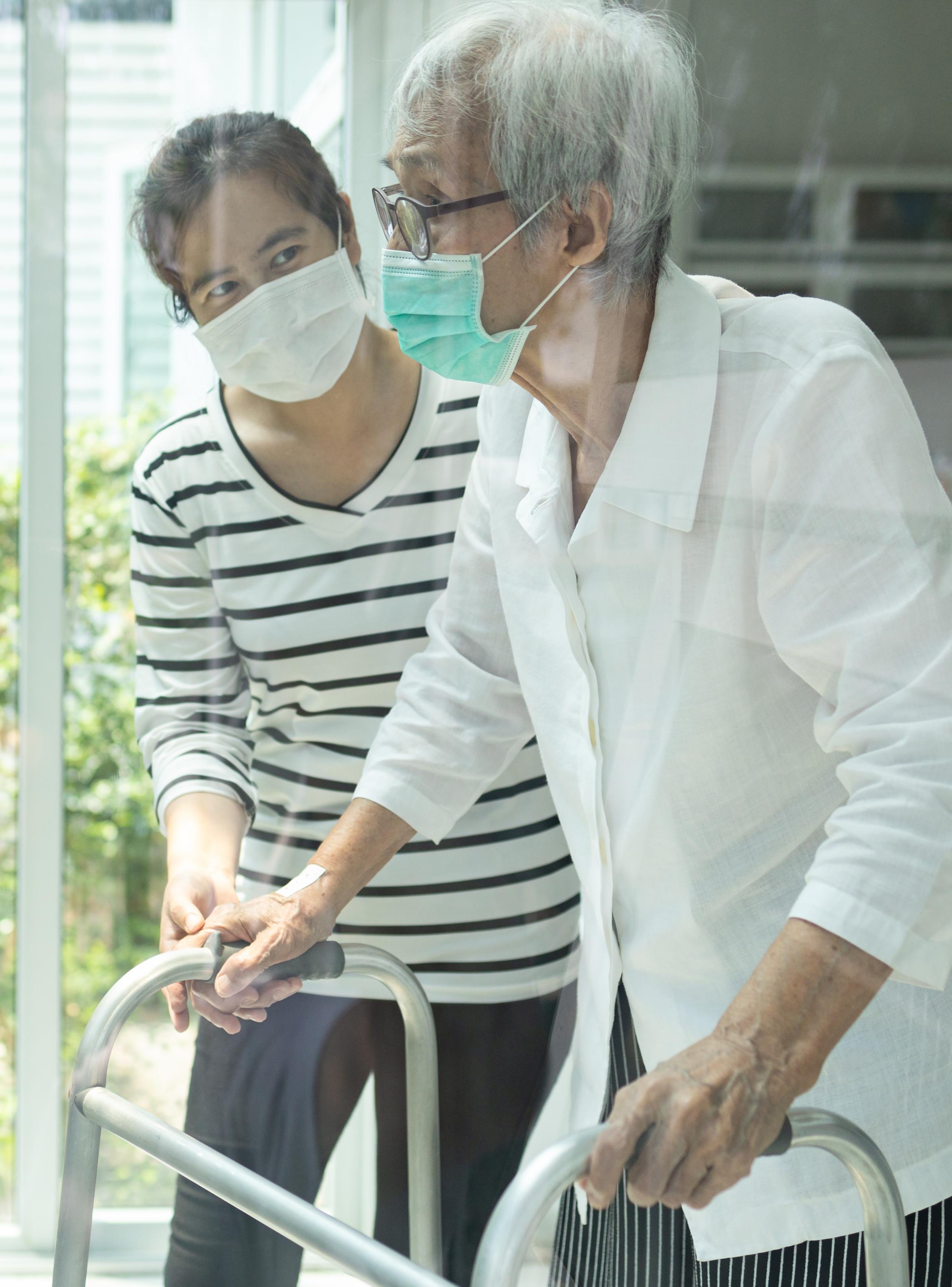
A combat game against COVID-19
What if we fought the coronavirus with a game? How? Well, by launching an escape game, designed to better integrate infection barriers gestures. This project, from the Centre Hospitalier EpiCURA, has been specially developed for personnel in care homes. It has received financial support from the Fund for Supportive Care, created by the King Baudouin Foundation at the height of the health crisis.
COVID-19 has been a real ordeal for the residents of care homes, isolated from family and friends. It has also led to real panic among carers, forced to face up to the lack of personnel and equipment, whilst at the same time having to cope with an accumulation of protective procedures against COVID-19 and a multitude of hitherto unnecessary tasks.
Infection barriers are not always spontaneous
Dominique Gainvorste manages the nursing department of the Centre Hospitalier EpiCURA, which has over 800 beds across its three sites in the Hainaut region. Attention is paid at every moment, reminding everyone of the importance of following the hygiene rules for hand washing and keeping a distance, these indispensable allies in the war against COVID-19.
"I have been working in the hospital sector for 35 years now and federal hand hygiene campaigns have followed one after the other. And yet, they do not prevent infections being transmitted by hand in care homes. Of course, the personnel know about these safety barriers gestures, but sometimes people are lax about applying the rules in care homes. Social distancing means a maximum of three people in a room, yet it is not rare to observe that five people are eating a meal without their masks. We are at risk of quickly falling into the pre-COVID routine and so we must regularly repeat instructions”, comments Dominique Gainvorste.
“I bet you could not find a nurse who, after taking care of a patient, has never forgotten to wash his or her hands. Even if such behaviour is inadvertent and is often explained by an excessive workload due to a shortage of staff, its impact can be fatal. This is why I appealed to gaming specialists who also have long experience in the medical field to find a good way to raise awareness among personnel and residents about the risks of not respecting these hygiene rules. It is an innovative and very effective way to relieve stress via a fun moment.”
Learning while having fun
Dominique Gainvorste got together with the consultancy firm Game Spirit to bring his project to fruition. Geoffroy Simon is the game designer there, an expert in company games and a game trainer. "Training in the rules of hygiene must be associated with a real moment of pleasure. The times are past when participants were obliged to go, with a heavy heart, into a conference room where they were inundated with PowerPoint presentations” he laughs. Nathalie Zandecki, engineer and quality management expert, as well as a specialist in the science and techniques of games, elucidates: “Research has shown that when you transmit information in the traditional manner, the audience retains only 10%, whereas if you involve them, by getting them to participate in the form of a game for instance, you get 80% to 90%. This also enables you to reactivate the information and make it permanent. This is even more the case in care homes, where most of the personnel are young (aged between 20 and 40) and therefore expect more innovative training.”
So, what is the principle of an escape game? “A certain number of people are brought together in a room and the door is closed. According to the case in question, the people in the room are given half an hour or an hour to get out of the room. However, they have to solve a series of enigmas that enable them to get the keys, open secret doors, or move towards the exit. To find the solutions, they have to work together, sharing their skills”, explains Geoffroy Simon.
Creativity comes to the help of team cohesion
How can such a game be adapted to the current health restrictions? “Let’s imagine a scenario that shows up, during the game, various traces left behind by the participants. The players will become aware of the fingerprints left behind, the mask they have forgotten to wear and adopt new attitudes to avoid such behaviour and neutralise any consequences. The game will enable them to build in all these experiences into their professional gestures."
"This game is a good way to raise awareness among the personnel and residents about the risks associated with not respecting hygiene rules."
The method used to create the game of Game Spirit, which is firmly focused on the human being, empathy and a collective dynamic, enables the members of staff in a care home, the residents and their families to enjoy a good moment, relieve the stress and learn through playing. It also has a very positive impact on the project team, which is made up of staff members from EpiCURA, because it reinforces cohesion, enriches their knowledge and provides them with new tools that can be re-used in other contexts.
More about the Fund for Supportive Care
The King Baudouin Foundation set up the Fund for Supportive Care towards the end of March 2020, as part of the response to the fight against COVID-19. The Fund’s financial means come from donations made by private individuals and organisations. The general objective of the fund is to help residential care homes to guarantee continuity of care and a quality of life during the epidemic and to ensure that they have the necessary means to manage epidemics with a certain flexibility. Following two calls for projects, the Fund for Supportive Care has awarded 1.85 million euros to 69 projects that aim to encourage social contacts and improve infection prevention and control. The escape game project of the Centre Hospitalier EpiCURA is one of these projects.
Other stories
Inspiring engagement!
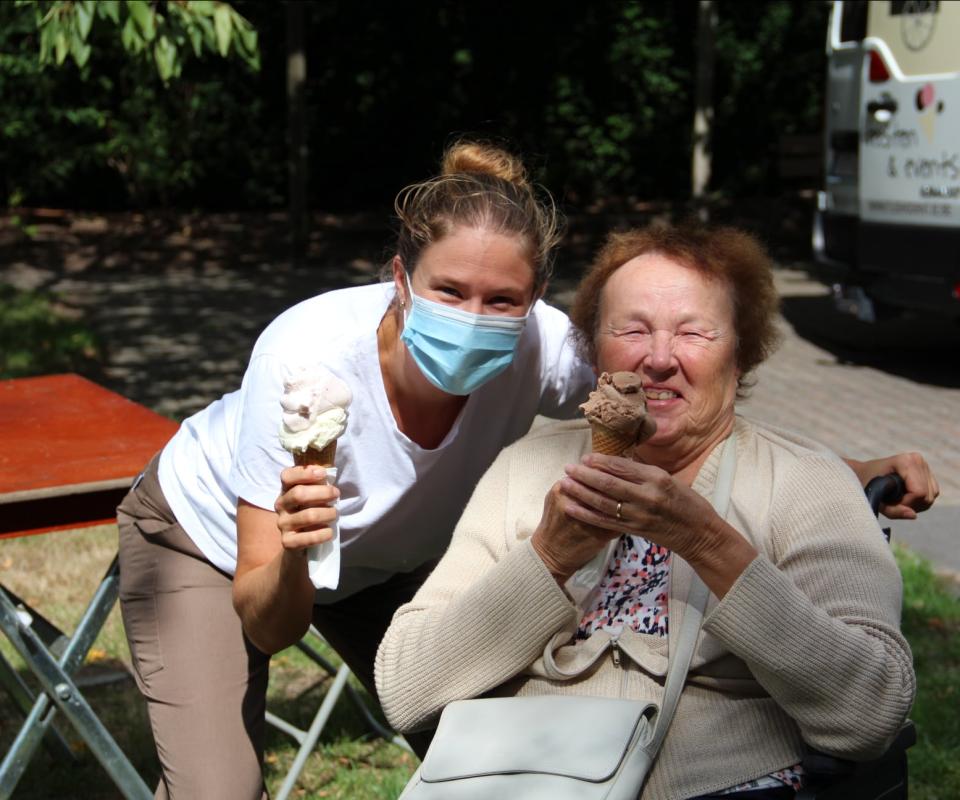
Care home with a vision on quality care refuses to be overwhelmed by virus
Healthy ageing
“We put even more emphasis on contacts between the residents and contacts with care staff.”
Other calls

Generet (Fund)
A prestigious award to encourage groundbreaking research in rare diseases in Belgium for a better quality of life of patients.
Selection announced
Grant for research in geriatric medicine
Grant for research in geriatric medicine by the Funds Marie-Thérèse De Lava & Robert Schneider
Selection announced
Generet (Fund)
A prestigious award to encourage groundbreaking research in rare diseases in Belgium for a better quality of life of patients.
Selection announced